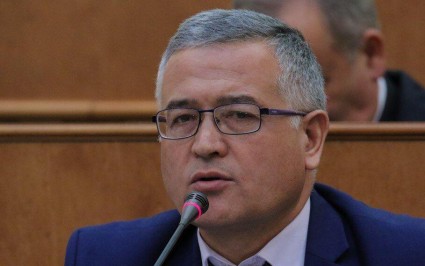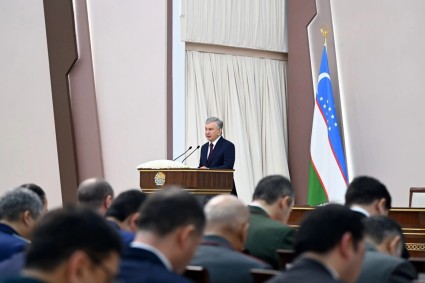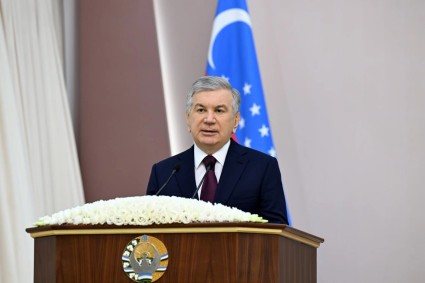Uzbekistan's contribution to the fight against global warming will be enhanced: the country has significantly increased its commitments to reduce greenhouse emissions by 2030.
What specific measures countries, businesses and every inhabitant of the planet are ready to take and are taking to keep the growing global warming under control - this topic is the main one at the annual UN conference on climate change (COP26) taking place these days.
For Uzbekistan, the adoption of systemic measures to mitigate the consequences of climate change is of paramount importance, since agriculture, water resources, the economy - and thus the health and future of people are under the blow of climate change.
Uzbekistan ratified the Paris Climate Agreement in 2018, committing itself to reduce by 2030 the specific emissions of greenhouse gases (carbon dioxide, methane, nitrous oxide) per unit of GDP by 10% from the 2010 baseline level.
It is planned to implement this thanks to measures to develop alternative energy, improve energy efficiency and others, declared in the Strategy for the transition to a green economy in 2019-2030.
As the director of Uzhydromet Sherzod Khabibullaev told Living Asia, in 2021, the first biennial report of Uzbekistan on updated data was published on the website of the United Nations Framework Convention on Climate (UNFCCC), containing information on greenhouse gas emissions for 1990-2017.
The total greenhouse gas emissions in 2017 amounted to 189.2 million tons of CO2-eq. (excluding acquisitions).
Total greenhouse gas emissions in 2017 per capita amounted to 5.8 tons of CO2-eq. / person, per unit of GDP - 2.55 kg / USD.
The trends of changes are as follows: in 1990-2017, the volume of total emissions increased by 6.7%, for the period 2013-2017, this volume decreased by 0.6%.
Uzbekistan's new goal: by 2030, to reduce specific greenhouse gas emissions per unit of GDP by 35% (instead of the previously envisaged 10%) by 2030 from the 2010 level.
The main contribution to greenhouse gas emissions falls on the energy sector - 76.3% and agriculture - 17.8%.
By 2030, it is planned to ensure the generation of 25% of the country's electricity from renewable sources, a twofold increase in GDP energy efficiency, modernization of the infrastructure of industrial enterprises, ensuring an increase in their energy efficiency by at least 20% and the widespread use of clean technologies, achieving a neutral balance of land degradation and other measures. noted in the updated nationally determined contribution for 2021.
At present, the average rate of warming in Uzbekistan surpasses the average rate on a global scale, there is an intense melting of glaciers, a decrease in water resources, an increase in the number of extreme meteorological events: mudflows, avalanches, droughts. One of the largest environmental disasters - the drying up of the Aral Sea - aggravates the situation, the Aralkum salt desert negatively affects the ecology of the entire country.













